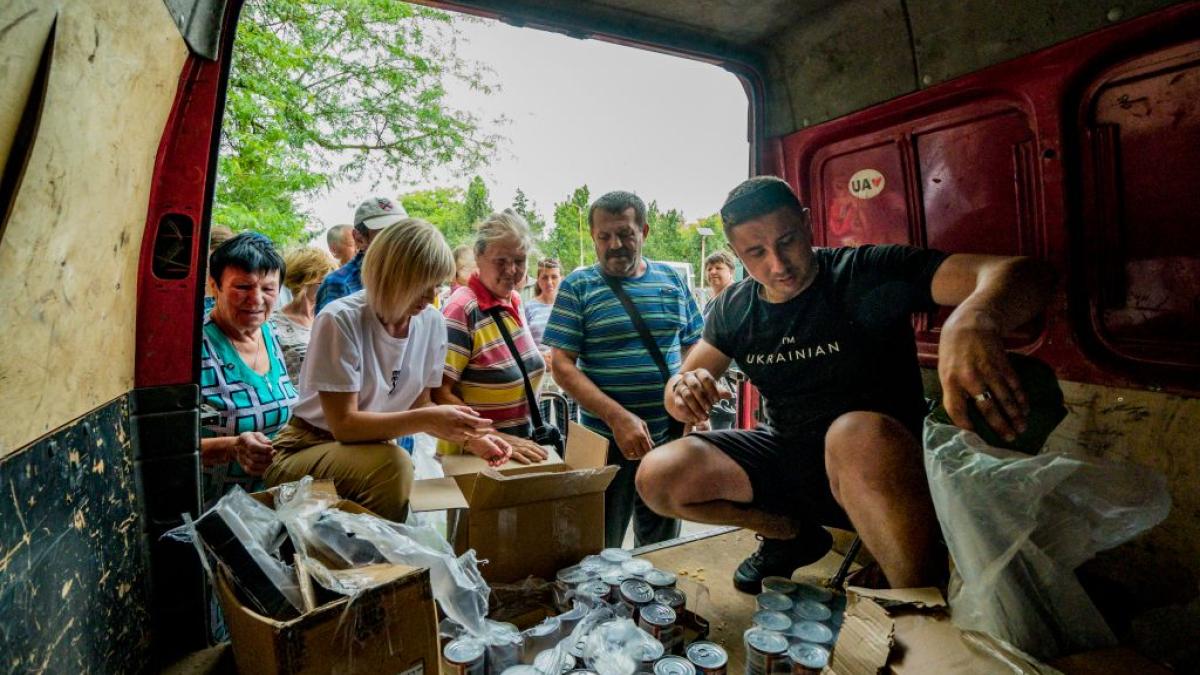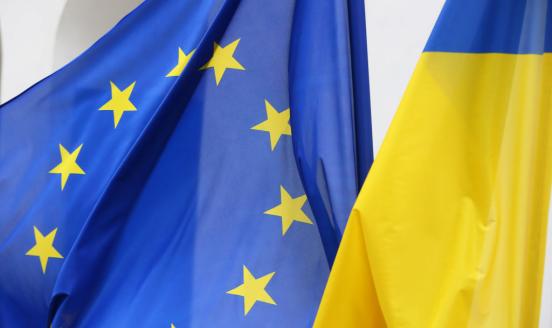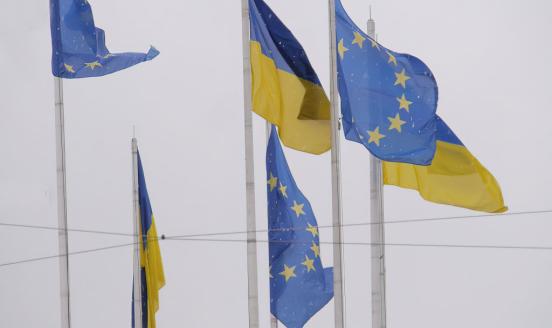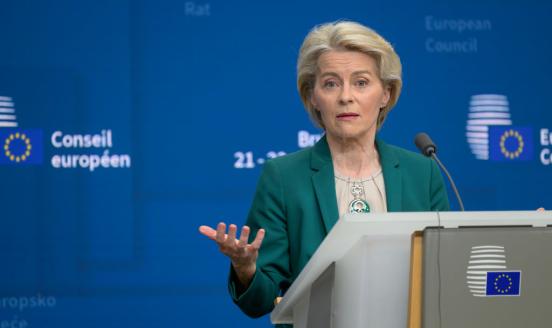The Ukrainian war economy
This paper analyses Ukraine’s war economy management and performance, according to information available in June 2023.

Executive summary
Ukraine has been subject to full-scale Russian aggression since 24 February 2022, with major implications for Ukraine’s economic performance and economic management. Martial law has temporarily restricted civil and political rights and allowed the government to introduce command management in the economic sphere. These war-related prerogatives have been used only partly (for example, in the energy and transportation sectors, restricting convertibility of the hryvnia and banking transactions with foreign currency), while the dominant role of the private sector and market forces has been maintained in other respects.
As a result of war damages and territorial losses, Ukraine’s real GDP contracted by about 30 percent in 2022. Ukraine also experienced severe balance-of-payments and budget tensions in the first months of the war. Intensification of foreign financial aid from the second half of 2022 helped to achieve relative macroeconomic stability in the first half of 2023. The prospects of the Ukrainian economy depend on the length of the war, associated damages and the size of external financial aid.
Before February 2022, Ukraine’s record of economic and governance reform was mixed; the war stopped most reforms. On the other hand, obtaining European Union candidate status in June 2022 provided a new incentive to implement comprehensive governance reforms related, in particular, to the judicial system, media, national minorities, public transparency and fighting corruption.
The authors would like to thank Francesco Nicoli and Georg Zachmann for their valuable comments on a draft of this working paper.



